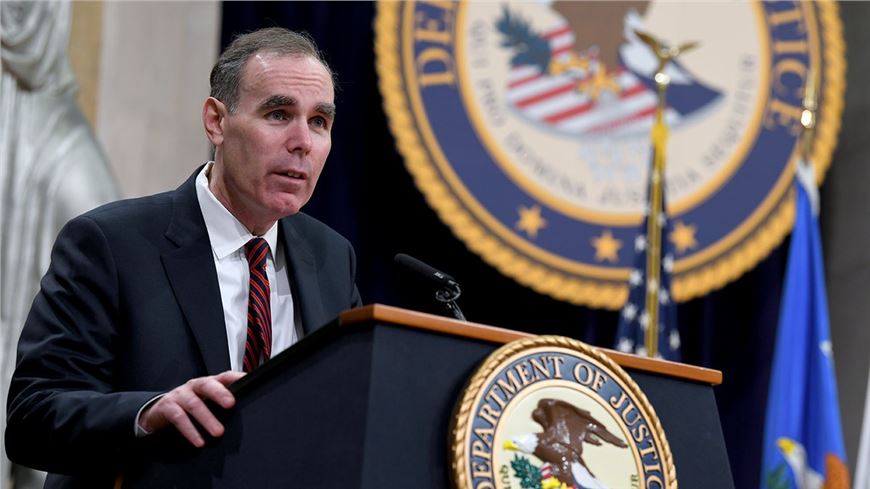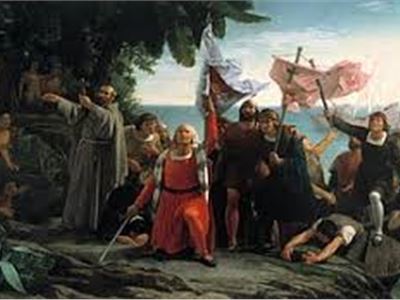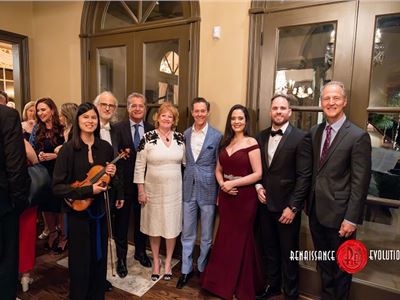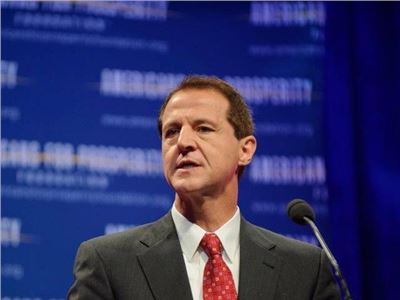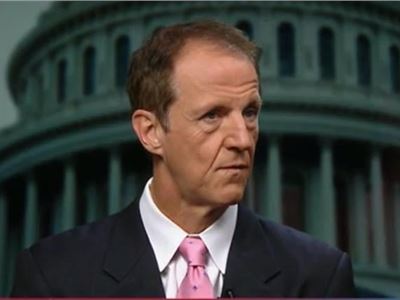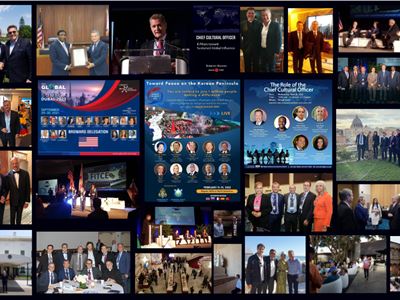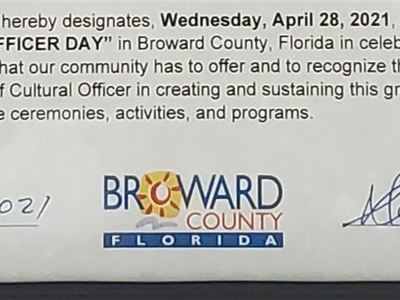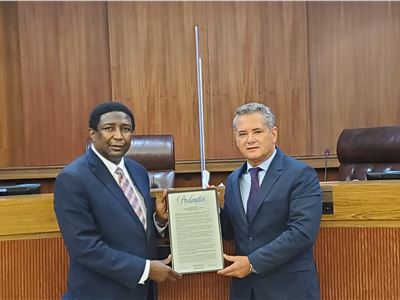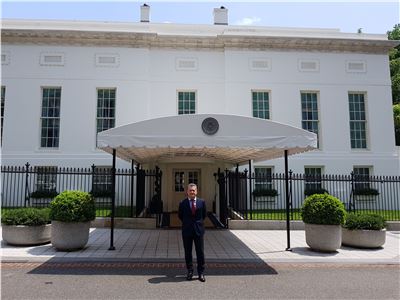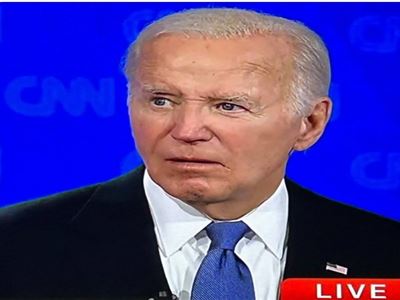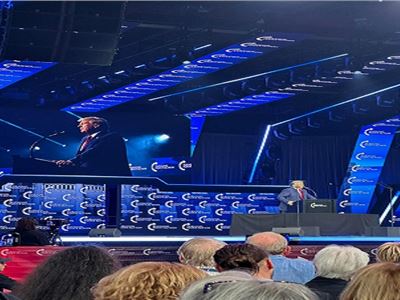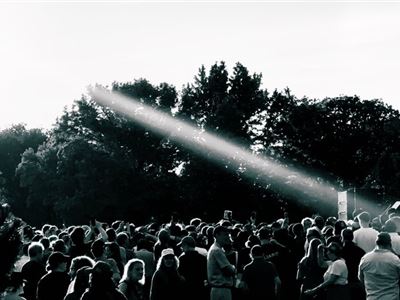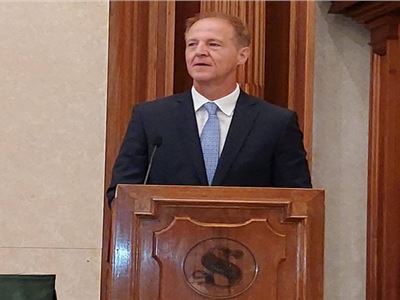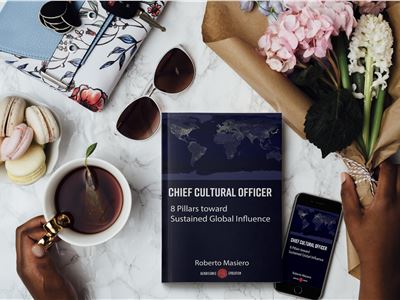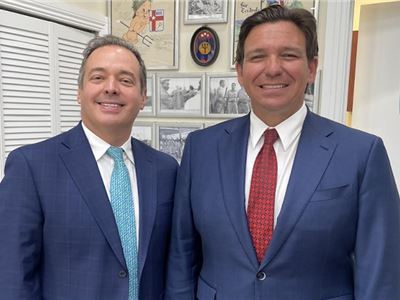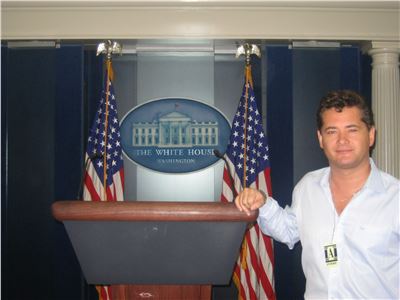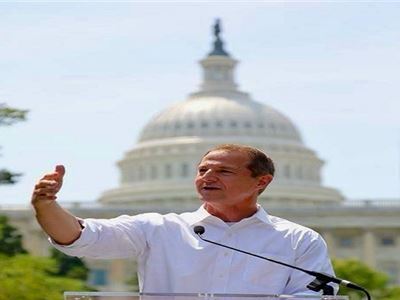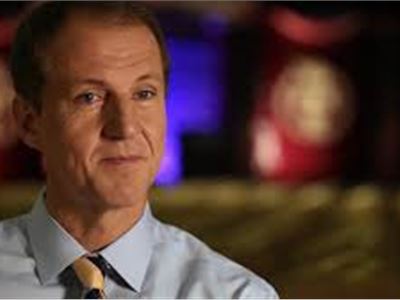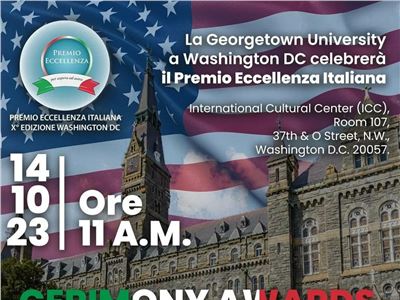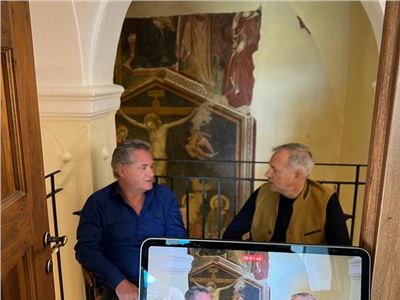Race discrimination and race-motivated violence remain a plague on our nation. But anyone who contemplates committing illegal acts of race discrimination and racial violence should be on notice: the Civil Rights Division of the U.S. Department of Justice, which I lead, is fighting race discrimination throughout the United States.
We seek justice by investigating allegations of illegal race discrimination, by filing and litigating race discrimination lawsuits, and by prosecuting criminals who commit race-motivated violence.
The Civil Rights Division enforces federal civil rights laws that protect all people in our nation against discrimination because of race, color, and other protected characteristics.
These laws define our jurisdiction, and our nation’s civil rights heroes inspire us.
Frederick Douglass is one of these heroes. Frederick Douglass was born into slavery in or around 1818. In 1838, he escaped, headed north, and became an outspoken abolitionist. During the mid-1840s, Douglass traveled to England, toured the British Isles, lectured about and against slavery, and became an international celebrity.
By his own account, the British people generously offered him “house, land, and every inducement” to bring his family to England. Douglass considered a life in England with a “different position” than he faced in an America that then enslaved people.
Yet, on March 30, 1847, at a time when it was not clear whether ever the United States would abolish slavery or live up to its founding ideals, Douglass explained to his British friends that he was returning home to “a life of activity in the service of my brethren.”
“I glory in the conflict, that I may hereafter exult in the victory,” Douglass added. “I know that victory is certain. I go, turning my back upon the ease, comfort, and respectability which I might maintain even here.”
Douglass promptly left England, returned to the United States, and dedicated the remainder of his long and remarkable life to fighting slavery, racism, and other forms of injustice.
Shortly after Douglass returned, in 1848, he attended the First Women’s Rights Convention in Seneca Falls, New York, and he endorsed universal suffrage.
During the Civil War, he counseled President Abraham Lincoln on a variety of topics, including a request that former enslaved people be permitted to fight for the Union.
During Reconstruction, Douglass was an outspoken supporter for the civil rights of former slaves and women. Late in life, he served in various public roles, including as United States minister to Haiti.
Frederick Douglass never gave up. On February 20, 1895, he attended a women’s rights meeting with Susan B. Anthony, returned home, and died suddenly.
In 1962, the National Association of Colored Women’s Clubs presented a portrait of “Lincoln’s friend” to the Department of Justice. That portrait of Frederick Douglass remains prominently displayed today in the Civil Rights Division’s main conference room at our headquarters in Washington, D.C., a few blocks from the White House.
Those of us who serve at the Civil Rights Division work to fulfill Frederick Douglass’ vision of a nation free from the scourge of race and other unjust and illegal forms of discrimination.
All over the United States, our investigators, lawyers, prosecutors, and staff are fighting race discrimination.
A few examples reflect this work:
In California, we are suing local government agencies for trying to drive out African American and Latino renters from a town.
In Georgia, we are suing an Atlanta-based management company for illegally steering African-American housing applicants to racially-segregated housing.
In Indiana, we are prosecuting a man for allegedly threatening his African American neighbor by burning a cross, displaying a swastika and racial slurs, and threatening the neighbor with violence.
In Florida, we successfully sued a county for illegal race discrimination after it fired an African American woman.
In Maine, we convicted two men who committed a series of racially-motivated attacks against Black men.
In Maryland, we successfully sued a car dealer that discriminated against African Americans by offering different terms of credit than the dealer offered Whites and we are suing a police department for race discrimination in hiring.
In Massachusetts, we are challenging a college’s race discrimination against Asian-American applicants.
In North Carolina, we convicted a man who threatened to shoot an African American family because of the family members’ race and because the family rented a home.
In Ohio, we investigated and successfully settled allegations by African American students of race discrimination by a school district.
In South Dakota, we successfully sued state and local agencies that discriminated against Native American job applicants and deprived other Native Americans of voting rights protections.
In Virginia, we convicted a man who subscribed to a white supremacist ideology, drove his car into a crowd of people, and killed one person and injured dozens of others.
And during the most recent term of the Supreme Court of the United States, we argued that an employer violated the Civil Rights Act of 1964 when it segregated Black employees by requiring them to work in sweltering heat without water breaks while their White counterparts worked in a comfortable, air-conditioned building.
These cases and many others, each in their own way, trace their origins to the experiences, sacrifices, work, and dreams of civil rights patriots like Frederick Douglass.
In 1890, near the end of his long life, Frederick Douglass explained that the “business of government is to hold its broad shield over all and to see that every American citizen is alike and equally protected in his civil and personal rights.”
The Civil Rights Division is committed to using its “broad shield” to protect the civil rights of all people in the United States. The struggle endures, and we continue, every day, to strive for the “certain” victory predicted by Mr. Douglass. We will never surrender.
Courtesy of Eric S. Dreiband, Assistant Attorney General for the Civil Rights Division
Topic(s): Civil Rights
Component(s): Civil Rights Division
Author of : Chief Cultural Officer. 8 Pillars Toward Sustained Global Influence
- Tags: civil rights Frederick Douglass Abraham Lincoln Susan B. Anthony
- Categories: Crime Culture Education Politics White House


